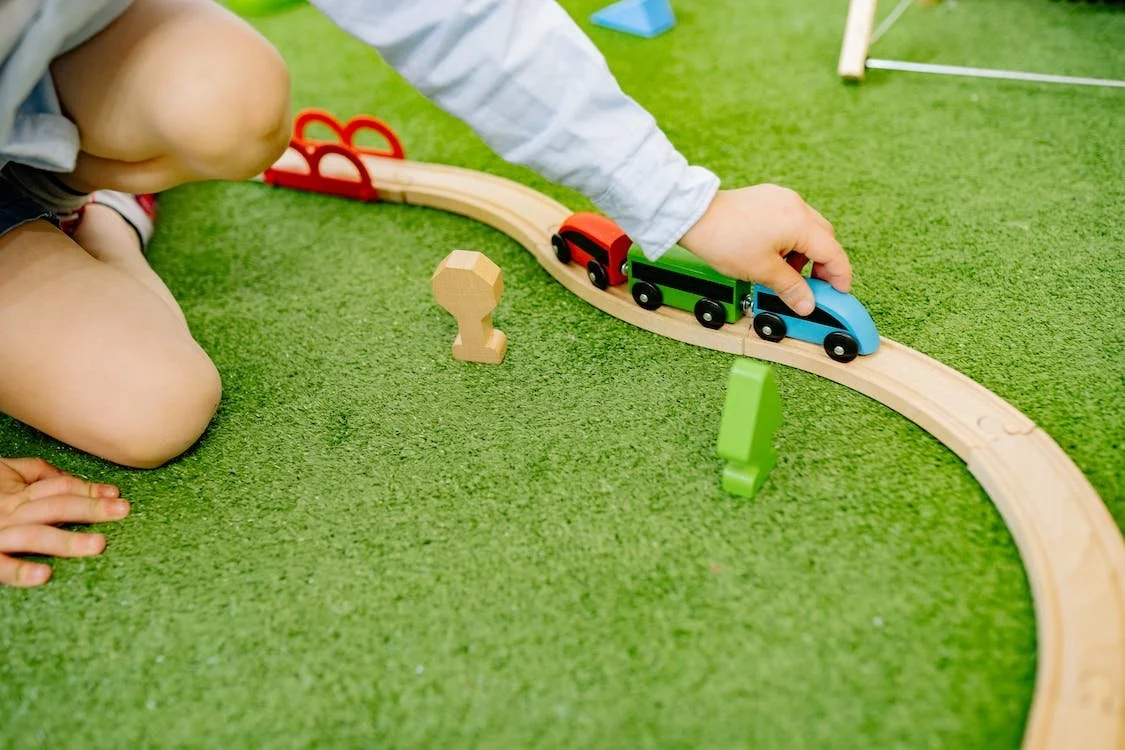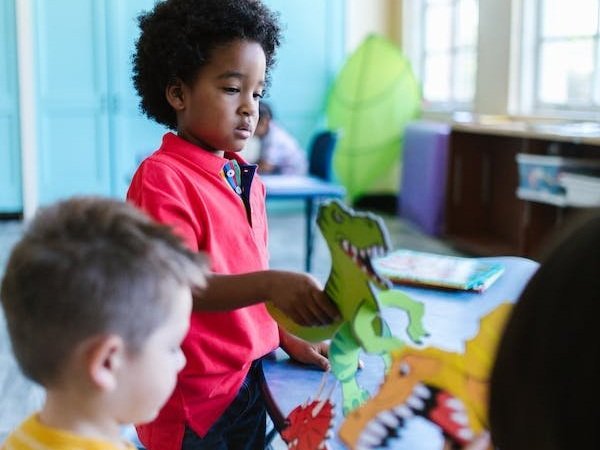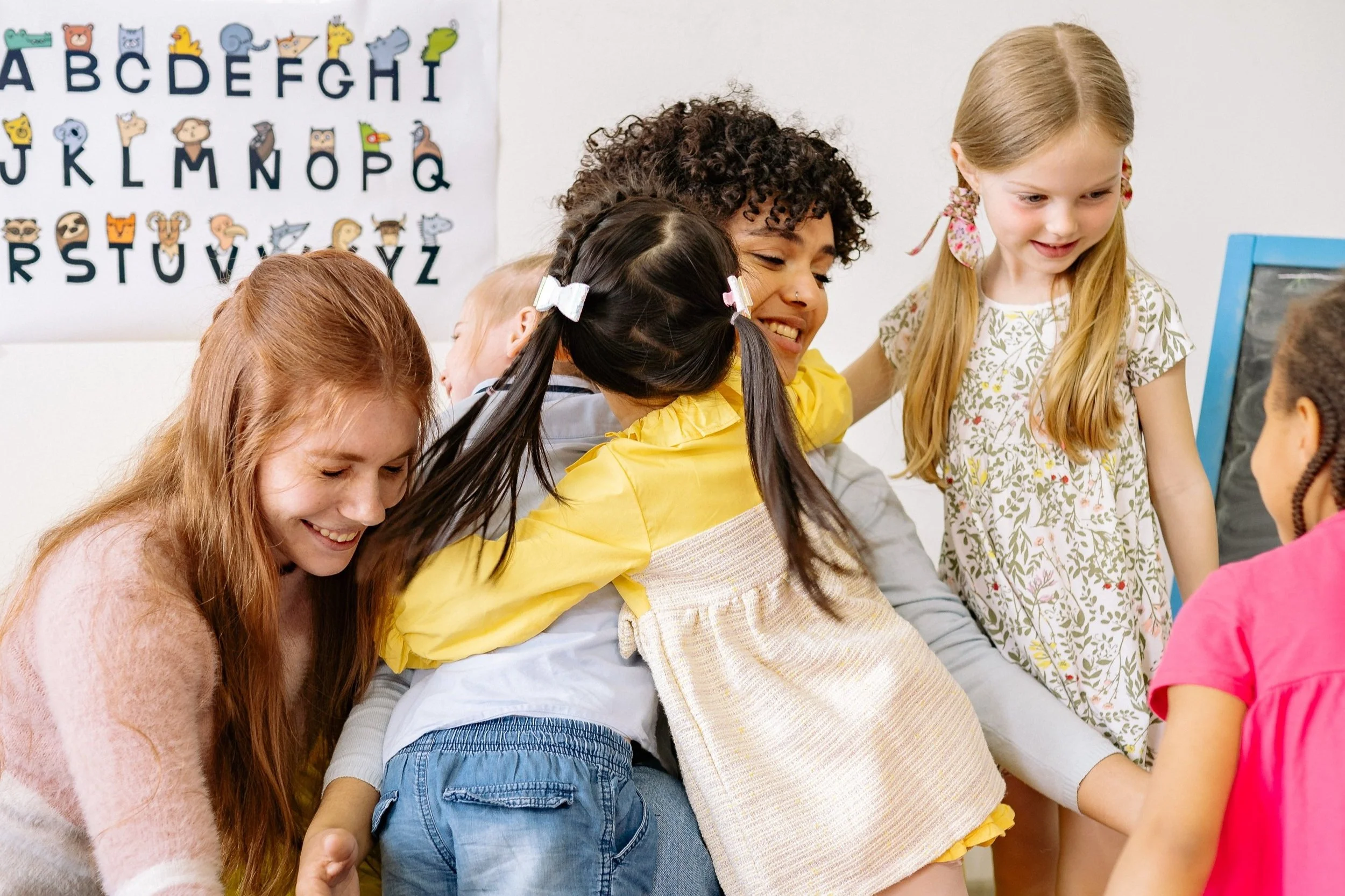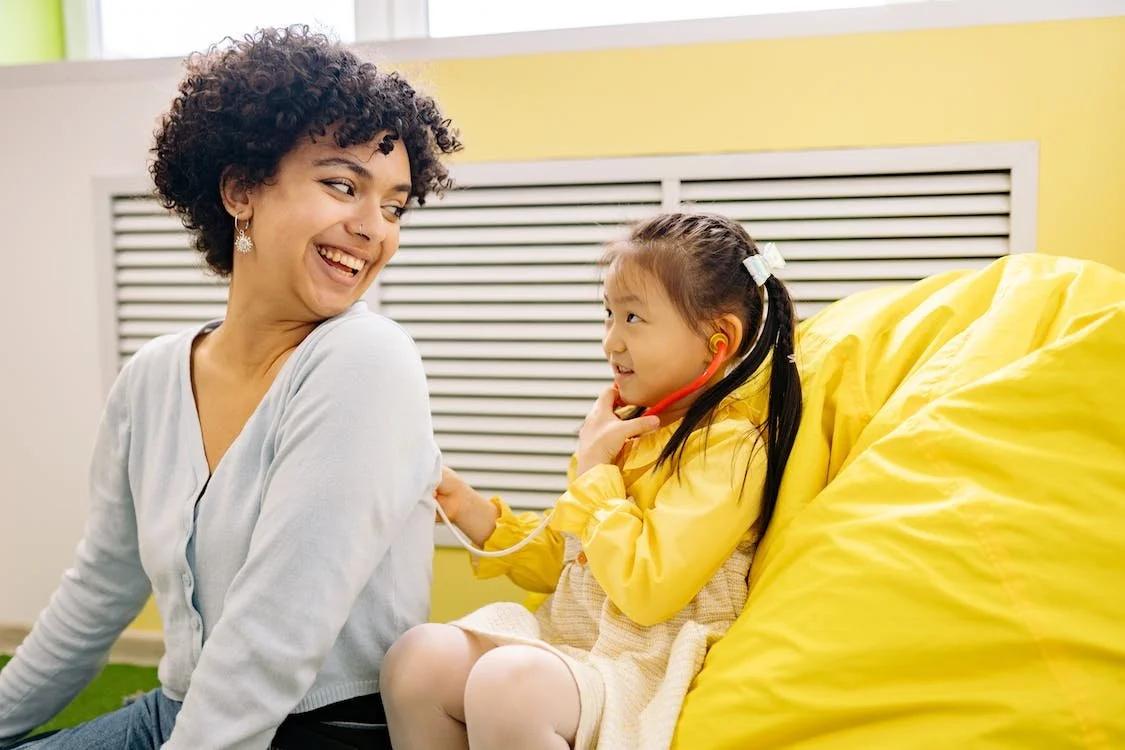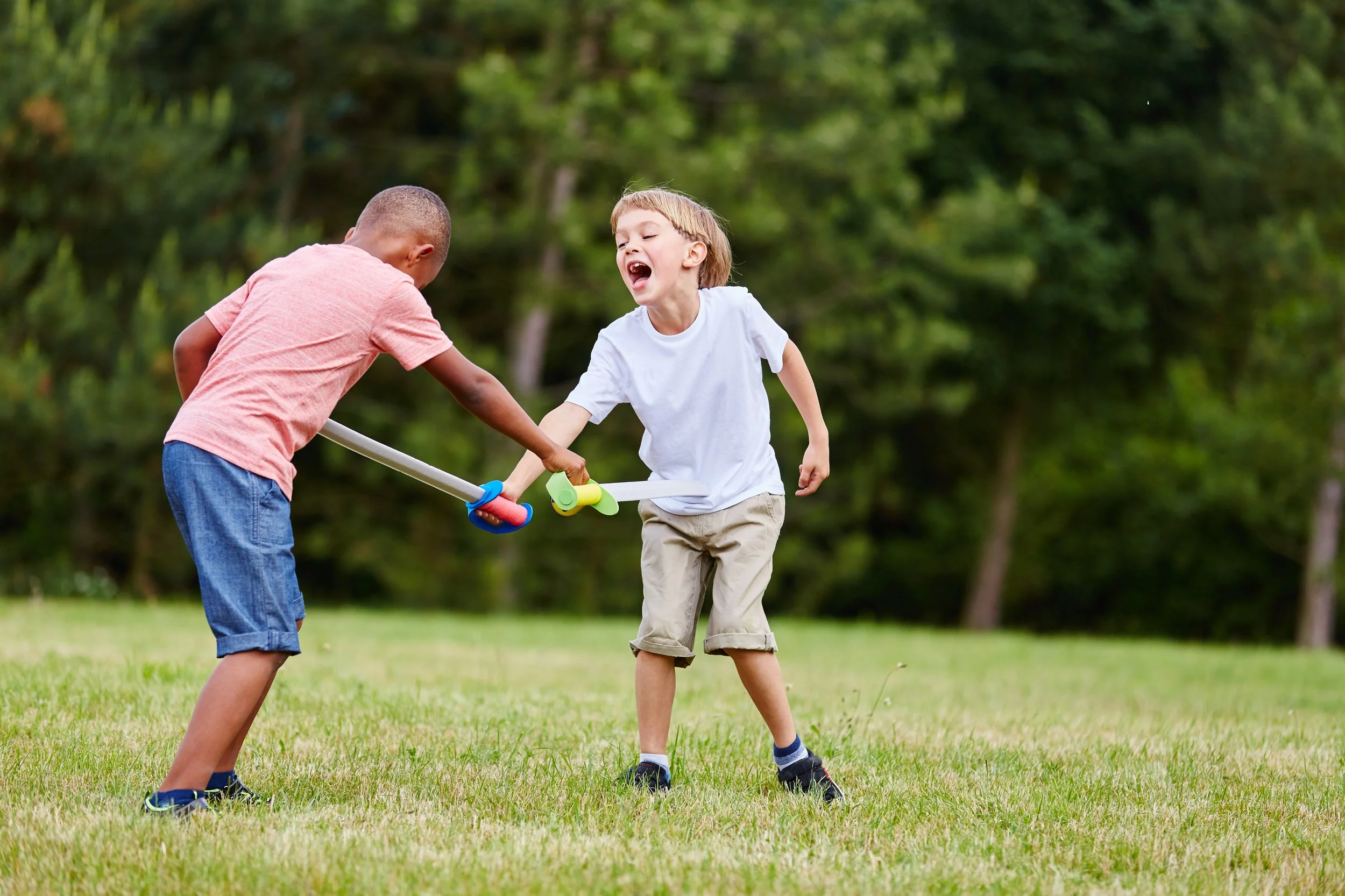Did you hear the news?
The FREE live TCB training series is happening again this February!
This is your chance to learn:
What early childhood teachers who seem to have the magic touch with children who exhibit challenging behavior do that most teachers miss
The secret to teaching self-regulation so children can calm themselves when upset
How teachers around the world are successfully using our simple yet powerful TCB strategies to succeed with even chronic and severe challenging behaviors
And much, much more!
